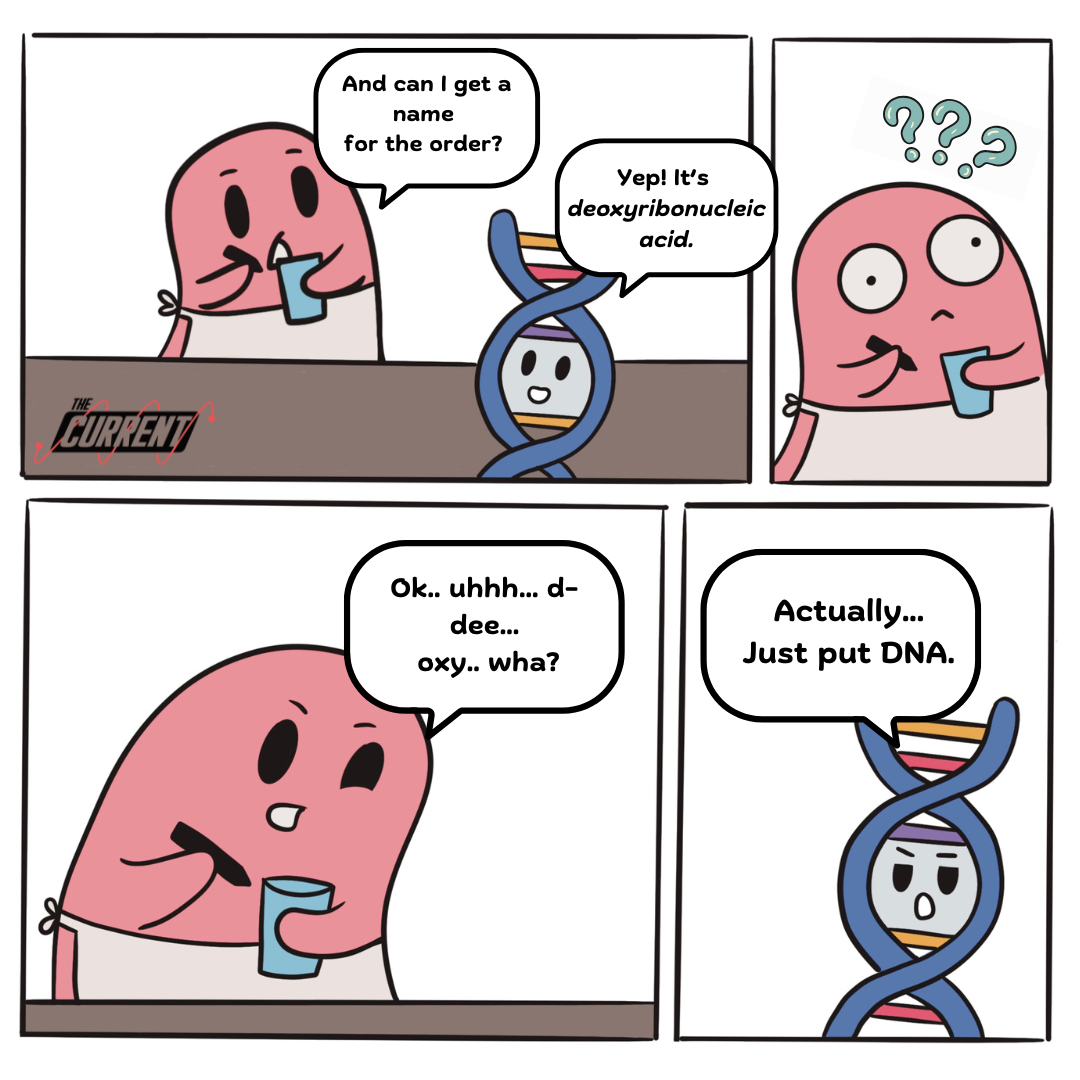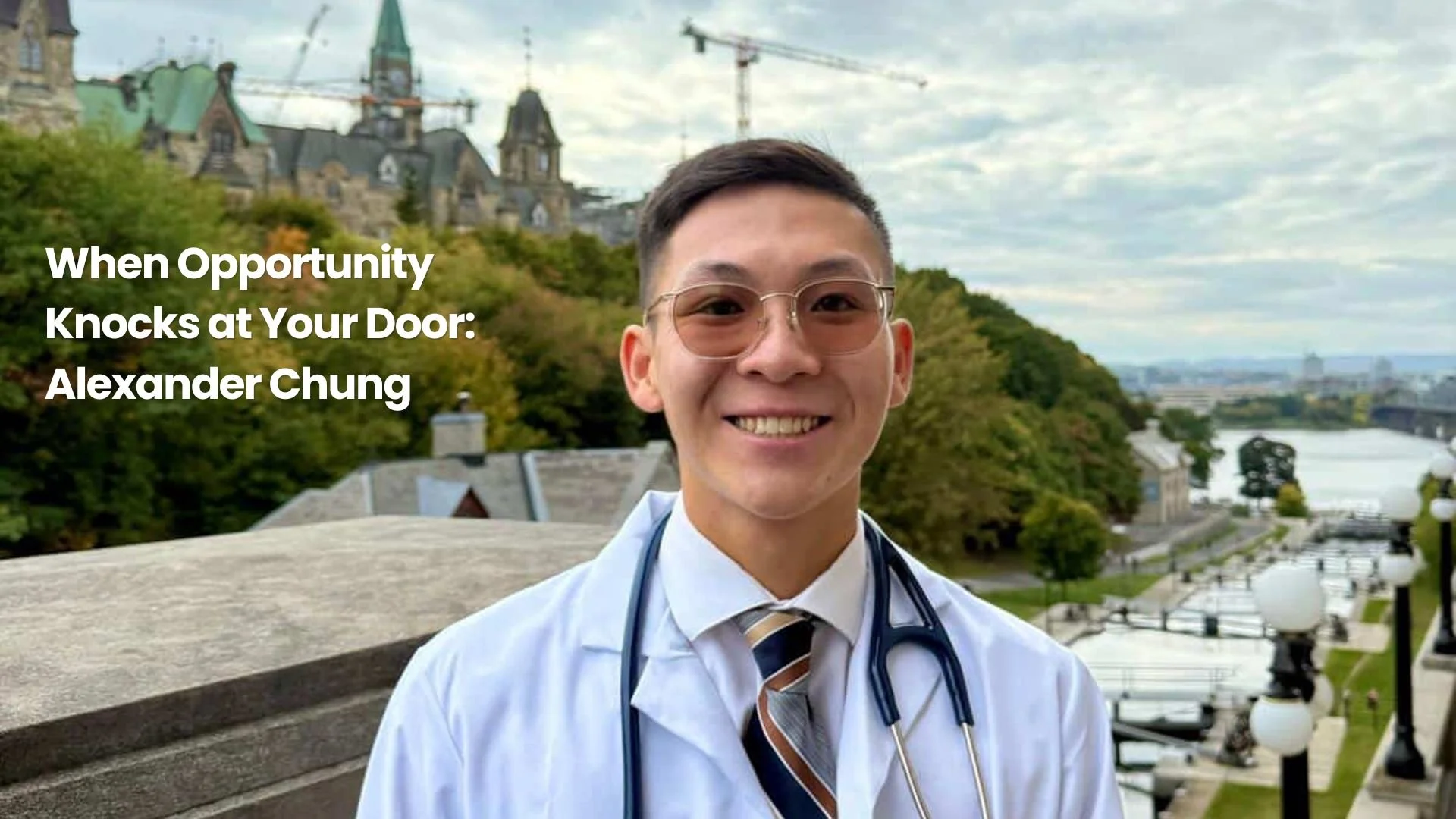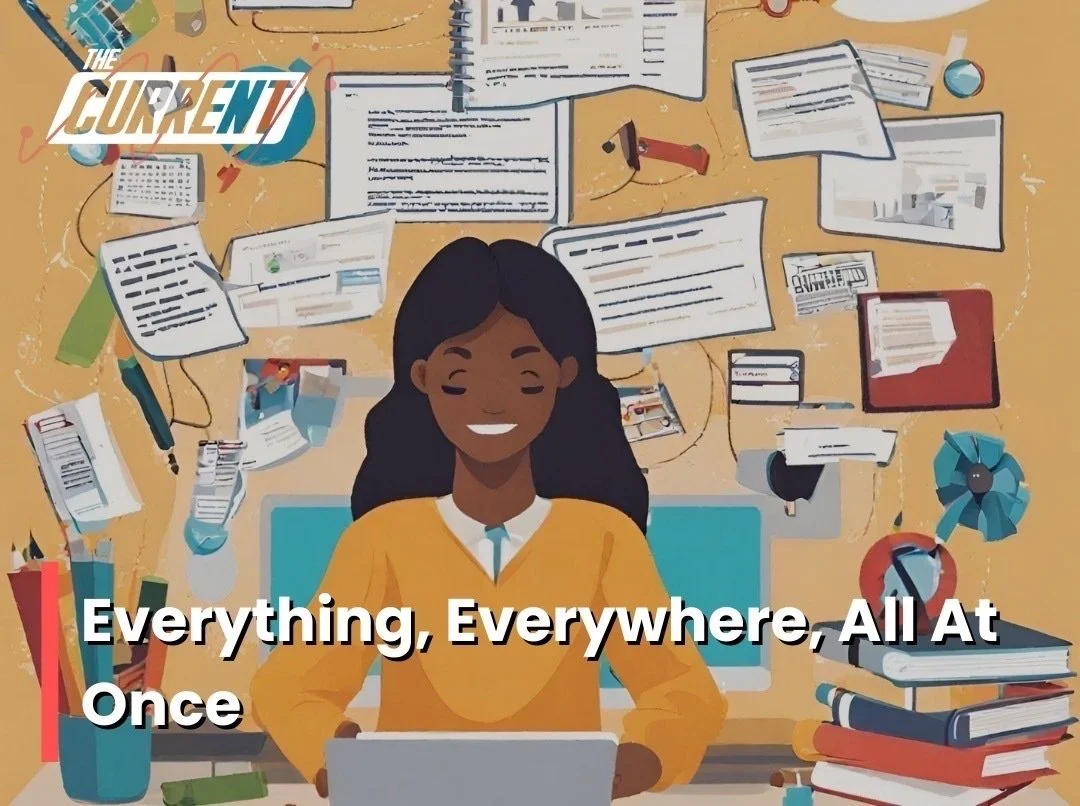FEATURED ARTICLES

CROSSWORD & COMIC - JANUARY


ALL ARTICLES
Our first feature highlights Alexander Chung, a current medical student. Although the road to medicine is long and demanding, he’s determined to use science as a means to help others.
“What do you want to be when you grow up?”
I’ve given many answers, but the most consistent one is “I don’t know.” I’m constantly growing up, and the career I chose in high school isn’t necessarily the career I want today.
The start of the winter term really lived up to its name this year, greeting us back with a winter wonderland welcome. And from the looks of it, the snow might be here for a little while longer. As you settle into your new class schedules, make sure to set aside some time to enjoy the snow while it’s here. Here are some ways you can enjoy the snowy weather right here in London!
Pollution is present everywhere – in the water we drink, the air we inhale, and the land we live on. Due to its low visibility, this environmental issue is simple to overlook, but it nevertheless poses a serious risk to the environment, economy, and public health.
Imagine this: You've spent the day slaving over in the Taylor library cubicles, racking your brain for your upcoming midterms. You're stressed, hungry, and just want a sweet treat. You see a simple recipe online that would be cheaper and have bigger portions than buying a dessert on campus. Heading home to destress and bake some cookies with your roommates, you imagine biting into a soft, decadent chocolate chip cookie fresh from the oven. But after a few hours, your cookies come out crunchy as a rock.
“Sorry, we’re out of tables.”
Unable to find a reservation on Valentine’s Day?
Forget about dinner with a rose,
There’s romance under your nose.
Here, in London, Ontario,
Where love beautifully grows!
Sleep is a beloved time of rest, peace and recharging; many look forward to it either at night or for a middle-of-the-day nap! Exploring what sleep is and factors that play into poor sleep hygiene may help improve sleep quality.
For the purposes of protecting wildlife and limiting the impacts of climate change, countries have been working towards developing an infrastructure of clean energy. Methods of clean energy serve as an alternative to traditional fossil-fuel-based resources, resulting in less air and water pollution as opposed to the consumption of combustible fuels, including coal, natural gas, and petroleum oil.
As the Science Students' Council SSC elections come to an end, students have had the opportunity to select leaders who will advocate for their interests and shape the future of the faculty. With platforms addressing student advocacy, academic concerns, and community engagement, this year’s election presents an exciting slate of candidates eager to shape the future of the faculty. The Current reached out to the two presidential candidates and eight councillor hopefuls to learn more about their vision, priorities, and what sets them apart.
You’ve probably heard of actor Simu Liu and NDP party leader Jagmeet Singh, but let’s introduce some Western alumni in the scientific community.
Climate change is a pressing issue that is continually on the rise. It is also, unfortunately, a highly politicized topic. The climate crisis is often discussed in a silo; disconnected from other pervasive issues like physical/mental health and the economy. The environment and the economy are not independent, nor is one more important than the other. Prioritizing one over the other is going to have devastating effects, some of which we already have begun to see such as increased cost of living, loss of resources, and increased frequencies of natural disasters.
The current status quo for Alzheimer’s disease (AD) diagnosis relies heavily on the onset of cognitive decline. By that stage, the proteopathies (disease-causing misfolding proteins in the brain) have likely spread notably. This delays intervention, reducing the likelihood of effective symptom management or lifespan extension.
We’ve all seen the headlines and climate action plans shouting “net-zero by 2050,” right? It’s easy to assume that this means we’re aiming for a complete stop in the pollutants we emit. But here’s the catch: the “net” in “net-zero” means that we’re not aiming to drive production of carbon dioxide to zero — instead, it means striving to balance inputs and outputs so that we reach an equilibrium.
Why Every Degree Should Include Climate Literacy - Climate change isn’t just an environmental issue and it’s dangerous to think of it that way. It’s a global crisis that affects everyone, regardless of their field, age, or demographic.
It is no secret that the pharmaceutical industry in Canada is a thriving business. In 2021, the total value of pharmaceuticals sold reached $34.1 billion, with roughly 33,000 people employed in manufacturing these drugs (Government of Canada, 2024). Many of us rely on these medications, whether you are popping an Advil for that annoying headache, or reaching for the antihistamines for those seasonal allergies. But have you ever wondered where these consumed medications go after they’ve done their job? You might assume they’re completely used up by your body to cure your ailments, but that’s not always the case.
With the end of October here, it’s easy to feel the pressure of upcoming exams and assignments piling up. This fall season can be the perfect opportunity to recharge and prepare while finding some balance in between. Here are some ways to make the most of this colourful season, ease stress, and find some enjoyment!
As of today, scientists have estimated 10 million to 14 million species on Earth, of which only 1.2 million are included in our database of known species, including animals, plants, fungi, and microorganisms. In 2023, 968 new species were discovered.
When you think of CRISPR, the gene-editing tool, you might picture a dystopian future with designer babies, or perhaps a sci-fi scenario like Peter Parker gaining superpowers from a spider bite that alters his DNA. But in reality, CRISPR is far from either of those extremes (sorry to anyone hoping to become the next Spiderman). Instead, it's becoming one of the most promising breakthroughs in medicine, and it's all happening right now.
Deadlines, heavy workloads, and the pressure to do well can often make midterms an overwhelming time for students. Although some stress can be helpful for motivation, chronic stress can hinder cognitive function, focus, and well-being. Managing stress during midterms is vital to maintaining clarity and productivity. This involves mastering mental and emotional strategies to maintain focus and motivation.
Black Mirror is a popular Netflix show that showcases instances of futuristic applications of technology. It is unsettling and eerie and yet, we have already experienced some of the examples shown in Black Mirror. As we advance in technology in innovative and beautiful ways, its use for sinister and heinous motives also surfaces.
3D cell cultures are revolutionizing biomedical research right now, offering an innovative way to study human biology. As opposed to the traditional 2D cultures which often fail to replicate the complexity of living organisms, 3D cultures create a more accurate environment that allows researchers to simulate in vivo conditions without needing to test on humans or animals.
In a quest for profit, greed and cutting corners cost lives—a truth that lies at the heart of the opioid crisis. When people say the opioid crisis began with one family, they’re not mistaken.
As a former wildlife educator at an animal sanctuary, I have learned when snakes hiss, it’s not a threat but a warning – they may be shedding, digesting, or in another state of vulnerability. When they wrap around us, they are not trying to constrict us, but to soak up our warmth. After all, cold-blooded does not mean cold-hearted, it means they require external heat to regulate their body temperature.
During Western University’s orientation week (O-Week), new undergraduate students were welcomed into campus life and introduced to the various opportunities awaiting them. This year, during Faculty Day, the Faculty of Science left a lasting impression by showcasing the incredible resources within Western’s vibrant scientific community!
Love is in the air, and what better way to celebrate Valentine’s Day than with a cozy movie night? Whether you're snuggled up with your valentine or enjoying your own company, here are five heartwarming and romantic films guaranteed to tug at your heartstrings.
As February rolls in, thoughts of love inevitably take centre stage. With Valentine’s Day on the horizon, chocolates and flowers fly off the shelves as people seek to express affection for their "special someone."
In today’s fast-paced society, finding time for personal growth and enjoyment is paramount. Embracing new skills and hobbies not only brings a sense of fulfilment but also enriches our lives. Whether you're an individual seeking solo pursuits or a social butterfly looking for group activities, there's an abundance of exciting possibilities waiting for you. In this article, let's embark on a journey of discovery and personal growth.
Regardless of how demanding your high school experience was, the first year of university tends to be challenging for a majority of students. However, it does not always have to be that way. In the modern world, we have numerous tools to streamline our university experience. Therefore, due to the tendency for procrastination among students, I have compiled a brief list of tools and tricks that have helped me stay organized in my academic journey.
In the bustling metropolis of Bombay, where the sea breeze carries the whispers of a thousand stories and the streets are alive with the rhythm of life, every dish is a melody, and every flavour a verse. As someone born in the heart of this vibrant city, the foods of Bombay are not just a culinary delight; they are the threads that weave the tapestry of my heritage.





























